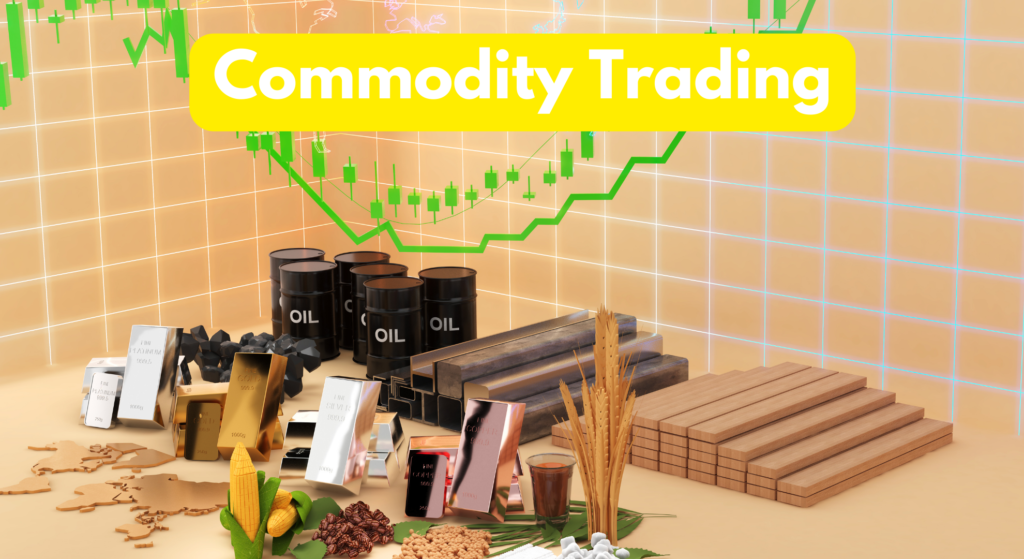Mastering the Art of Commodity Trading: The Role of Commodity Trading Software
Commodity trading is a dynamic and exciting segment of the financial markets, offering opportunities to trade a diverse range of raw materials, including precious metals, agricultural products, energy resources, and more. To excel in this sector, traders require advanced tools and resources to analyze markets, execute orders, and make informed decisions. Commodity trading software has emerged as an indispensable asset for traders, providing the essential features needed to succeed. In this blog, we will delve into the world of commodity trading software, exploring its functions, benefits, and how it can transform your commodity trading experience.

Commodity trading software, often referred to as commodity trading platforms, is a category of specialized computer programs designed to assist traders in buying and selling physical commodities or commodity futures contracts. These platforms are essential for market analysis, order execution, risk management, and tracking market data. Commodity trading software can be accessed through desktop applications, web-based interfaces, or mobile apps, making it accessible to traders at different skill levels and preferences.
Key Features of Commodity Trading Software
- Real-Time Market Data: Commodity trading software provides access to real-time price quotes, charts, and market news, enabling traders to stay updated with market movements.
- Technical Analysis Tools: These platforms offer a suite of technical analysis tools, such as chart patterns, indicators, and drawing tools, to help traders make informed predictions about future price movements.
- Order Execution: Traders can place a variety of order types, including market orders, limit orders, and stop orders, directly from the software, ensuring prompt execution of trades.
- Risk Management: Commodity trading software often includes risk management tools, allowing traders to set stop-loss and take-profit levels to protect their investments.
- Customization: Traders can tailor their trading environment by customizing layouts, setting up watchlists, and selecting which data to display, creating a personalized trading experience.
- Backtesting: Advanced commodity trading software permits traders to backtest trading strategies using historical data to assess their potential profitability.
Benefits of Commodity Trading Software

- Efficiency: Commodity trading software streamlines the trading process, enabling traders to execute orders quickly and accurately.
- Accessibility: These platforms are available as desktop applications and mobile apps, making them accessible to traders from virtually anywhere with an internet connection.
- Real-Time Information: Traders receive instant access to real-time market data and news, empowering them to make well-informed decisions.
- Automation: Some commodity trading software supports algorithmic trading, allowing traders to automate their strategies, removing emotional biases from trading decisions.
- Risk Management: Built-in risk management features help traders minimize potential losses and protect their capital.
- Backtesting: Traders can test and refine their trading strategies without risking real money, improving their chances of success.
